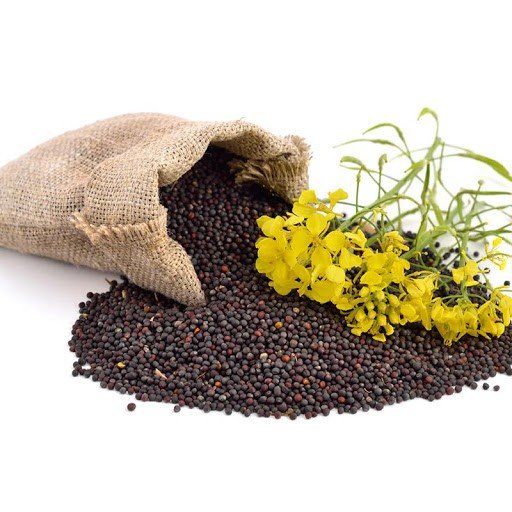Centre to set up temperature-controlled perishable cargo center at Lasalgaon
Lasalgaon and Nashik, have a large number of exports especially for onions and grapes. The cargo center will help to transport such goods with the help of the cold storage facility.
The biggest onion market in Asia, Lasalgaon, will soon get temperature-controlled perishable cargo center. The center is being developed under Central government’s scheme of the national cold supply chain for perishables.
In the recent Budget session, Finance Minister Nirmala Sitharaman proposed to set up a ‘Kisan Rail’ through the public-private-partnership (PPP) mode for a cold supply chain to transport perishable goods. The cargo center at Lasalgaon is being developed under the same pattern of (PPP).
The center is under construction at Lasalgaon in Nashik district, the only one in the state.
The project is being developed by Container Corporation of India Limited (CONCOR) through a CSR (Corporate Social Responsibility) initiative. Another project is commissioned at Ghazipur Ghat (UP), New Azadpur (Delhi) and Raja ka Talab (UP).
An official from Central Railway said that the cargo center is being developed as a pilot project under the ‘Kisan Vision.’
The Railways already has nine refrigerated vans available on its network for transportation of perishable goods with a carrying capacity of 17 tonne, each for transportation of highly-perishable parcel traffic developed and procured through the Rail Coach Factory.
Lasalgaon, as well as Nashik, have a large number of exports especially for onions and grapes. The cargo center will help to transport such goods with the help of the cold storage facility. The transportation of perishable goods like fruits, vegetables, milk products, and meat and fishery products will be easy.
The official added that 98 reefer rail containers with a carrying capacity of 12 tonne per container were procured through CONCOR for movement of fruits and vegetables to different parts of the country. The cargo centers and the rail containers will be supplementary to each other and will help to increase exports and commerce in the region.
Under the scheme, the Central government is developing infrastructure in the form of cold storage warehouses at both the source and destination centers for seamless transportation. It is expected that with the cold storage facility the farmers in the district will be benefitted.
Lasalgaon and Nashik, have a large number














